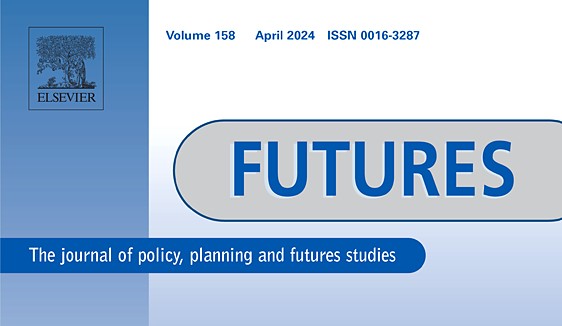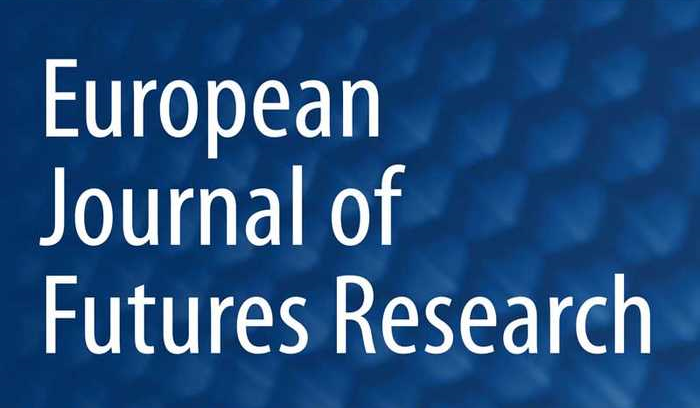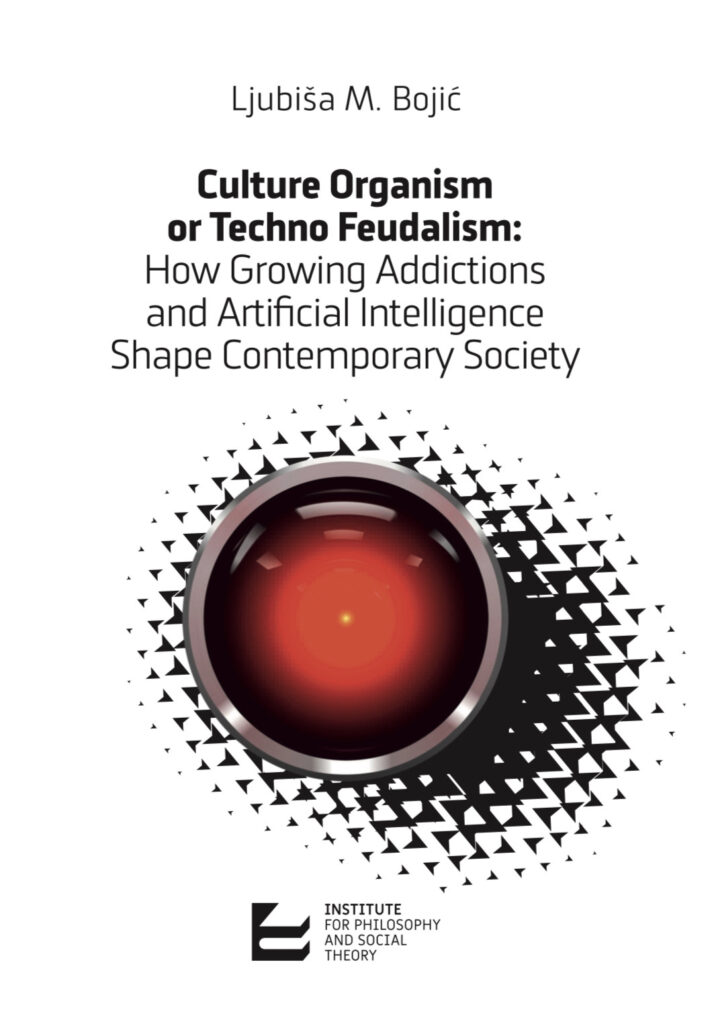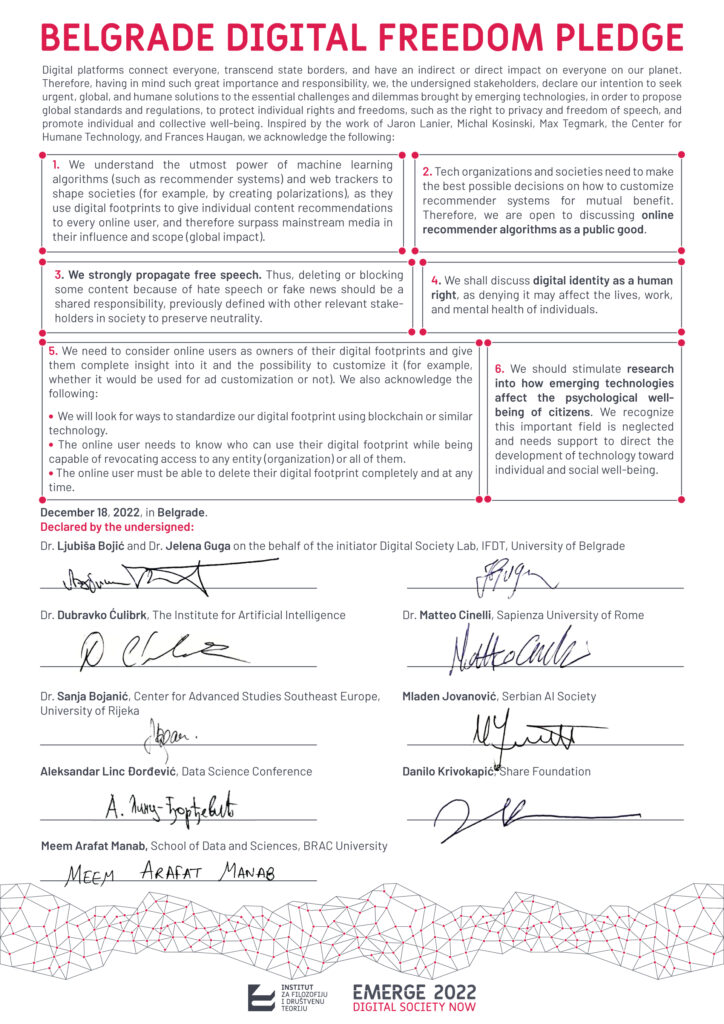
Ljubisa Bojic, PhD
Senior Research Fellow
Institute for Artificial Intelligence Research and Development of Serbia
University of Belgrade, Institute for Philosophy and Social Theory, Digital Society Lab
AI Researcher, UNDP
futures studies, communication science, AI alignment
CV & Bio Email Institute Lab Emerge Pledge LinkedIn Twitter
Media & Speaker Inqueries
News / Upcoming
7-9 October 2024
TWin of an Online Social Network Project Meeting, Horizon Europe Framework—Dubrovnik, Croatia.
Read more >
17th June to 21st June 2024
Lecturer of a university course Communication and Power in the 21st Century at the Faculty of Arts and Letters, University of Beira Interior—Covilhã, Portugal
Read more >
11-12 June 2024
Joint Working Group Meeting of Opinion Cost Network—University of Salamanca, Salamanca, Spain
Read more >
30 -31 May 2024
High-Level Policy Dialogue on “Artificial Intelligence and Democracy: Contemporary Challenges and Perspectives,” bringing together academics, policymakers, officials, and civil society members to discuss the priorities of the STG Chair in Artificial Intelligence and Democracy on a global scale—School of Transnational Governance, European University Institute, Florence, Italy
Read more > About the event >
22 April 2024
New article published in Futures on AI alignment: Assessing the global impact of recommender systems.
Read now >
18-19 April 2024
Keynote lecture “Large Language Models Observatory: Creating New Benchmarks for AI Alignment in Sentiment Analysis of Socially Critical Issues” at the 29th International Conference Society and Technology: Creative Industries and Artificial Intelligence (DIT24)—Zagreb, Croatia
Read more > Book of abstracts >


Featured
Coss-platform social dynamics: an analysis of ChatGPT and COVID-19 vaccine conversations
Read now >

Featured
Metaverse through the prism of power and addiction: what will happen when the virtual world becomes more attractive than reality?
Read now >
Research Interests
AI alignment, recommender algorithms, artificial intelligence, metaverse, emerging technologies, digital humanism, new media addiction, blockchain, echo chambers, AI ethics, big data analytics, psychometrics, misinformation, negative news, social polarization, algorithms as public good, virtual identity as human right, societal impact of technologies

Ljubisa Bojic is a communication scientist, futurologist, and author of the papers Assessing the global impact of recommender systems and The Metaverse through the prism of power and addiction: What will happen when the virtual world becomes more attractive than reality? Bojic received his Ph.D. from the University of Lyon II, France in 2014 and is currently a senior research fellow at the Digital Society Lab, Institute for Philosophy and Social Theory, at the University of Belgrade, senior research fellow at The Institute for Artificial Intelligence of Serbia and researcher for AI at the United Nations Development Programme. He has written more than 50 scientific papers, some of them published in leading journals, such as the European Journal of Futures Research and Communications: The European Journal of Communication Research, Scientific Reports and Futures. Bojic was appointed to the United Nations Environment Programme Foresight Expert Panel by UNEP’s Chief Scientist Andrea Hinwood.
Read MoreGuiding Thoughts
Bojic’s early inquiries detect light and mild addictions, which he considers as important in shaping contemporary society. Bojic focuses on AI powered recommender algorithms, as more effective than mass media in provoking addictions and social polarizations. That’s why recommender systems are labeled as the most impactful social force and means by which AI affects more than half of the world population.
Bojic’s long-term project is establishing the Media Reality Index to quantify emotions expressed by media and citizens online. The goal is addressing inadequate representation of social reality (negative news). In his most recent research, this idea is used to solve the issue of AI alignment, applied to recommender systems on social media, large language models, and, in the future, general artificial intelligence. Bojic proposes urgent algorithmic solutions for algorithmic challenges to promote AI adapted to human values and wellbeing.
See all videos >
Read Bio >

About the book
Culture Organism labels AI recommender systems as the most influential social force at present, that should be declared public good. The tech driven society is introduced as the Culture Organism, while the most significant social challenge is repression of the individual by the corrupt social agents. Analysis of light and mild addictions is presented, which is put into a wider context, identifying the outcomes as social polarizations, appearance of echo chambers, spread of misinformation, rise of populist leaders and decreased democratic capacity. Nature of media is examined in the context of addiction intensity to conclude that new media, such as smartphones, are more addictive than the older media, because they have more reality mimicking features. AI recommender algorithms have a similar role as the mass media. The difference is that the algorithms, which are used by social networking sites and various online apps, are more successful in prolonging time online users spend in front of their screens.
Download | Cite as ▼
Bojic, L. (2022). Culture Organism or Techno-Feudalism: How Growing Addictions and Artificial Intelligence Shape Contemporary Society. Belgrade: Institute for Philosophy and Social Theory.
EMERGE 2022: Digital Society Now |
Human Rights and Democracy in the Digital Sphere
Michal Kosinski, Susan Perry, Ljubisa Bojic, Grant Baker and Cedomir Markov
See all videos >
Selected publications
AI alignment: Assessing the global impact of recommender systems.
Futures
Cross-platform social dynamics: an analysis of ChatGPT and COVID-19 vaccine conversations
Scientific Reports
Metaverse through the prism of power and addiction: what will happen when the virtual world becomes more attractive than reality? European Journal of Futures Research.
State vs. anti-vaxxers: Analysis of Covid-19 echo chambers in Serbia. Communications.
Exploring the Socio-Technical Imaginary of Artificial General Intelligence in The Bard Large Language Model: A Narrative Analysis on Perspectives and Dialectics. Research Square.
Personality testing of GPT-3: Limited temporal reliability, but highlighted social desirability of GPT-3’s personality instruments results. arXiv.
Signs of Consciousness in Ai: Can Gpt-3 Tell How Smart it Really is? SSRN Scholarly Paper.
The Scary Black Box: AI Driven Recommender Algorithms as The Most Powerful Social Force. Issues in Ethnology and Anthropology.
The Patterns of Influence: LIWC Analysis of Leading News Portals’ Impact and Communication Accommodation Theory on Twitter. Issues in Ethnology and Anthropology.
Humidity and Air Temperature Predict Post Count on Twitter in 10 Countries: Weather Changes & LIWC Psychological Categories. Enterprise Economics.
Culture Organism or Techno-Feudalism: How Growing Addictions and Artificial Intelligence Shape Contemporary Society. Belgrade: Institute for Philosophy and Social Theory.
The Battle between Light and Dark Side of Personality: How Light and Dark Personality Traits Predict Mating Strategies in the Online Context. Interpersona: An International Journal on Personal Relationships.
Brain-machine interface: new challenge for humanity. Philosophy & Society.
Recommender algorithms as a source of power in contemporary society. Social Science Review.
Worrying impact of artificial intelligence and big data through the prism of recommender systems. Issues in Ethnology and Anthropology.
Neuromarketing unmasked: a review of current state in the field. Enterprise Economics.
Computer-based personality judgments from digital footprints: theoretical considerations and practical implications in politics. Serbian Political Thought.
What makes millennials blow the whistle? From cultural to socio-psychological perspectives on whistleblowers. Social Science Review.
